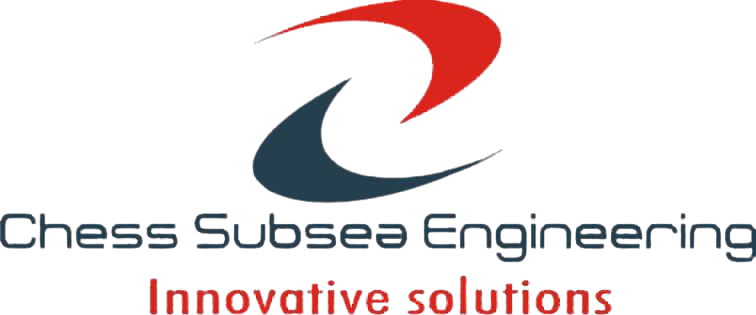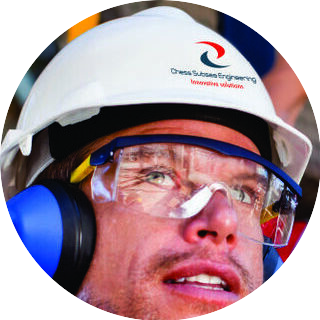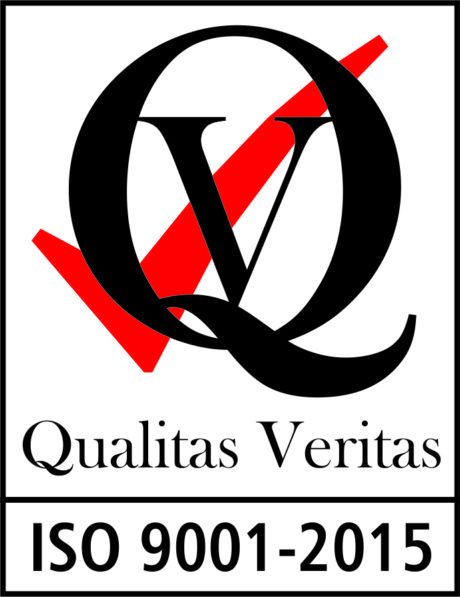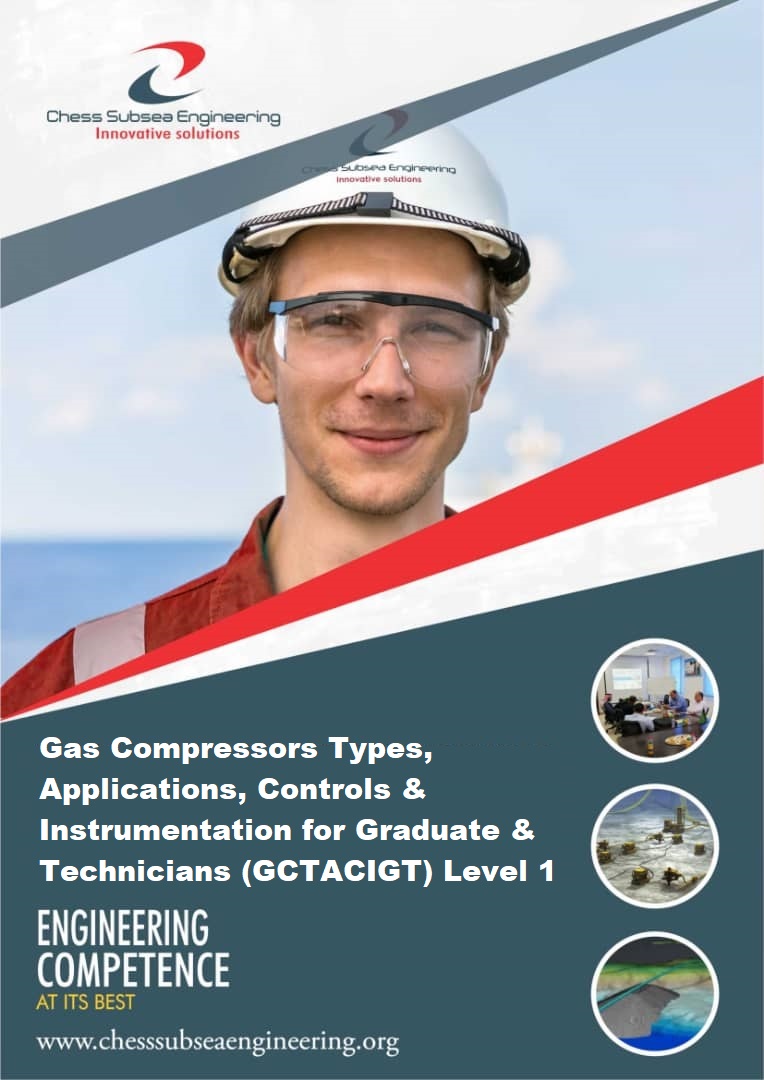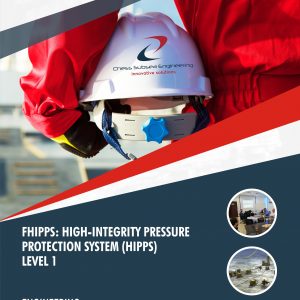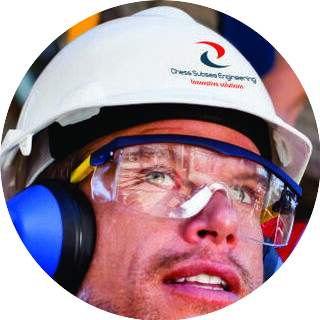Description
Gas compressors are used to increase the pressure of gas for transport or storage. They come in several types, including reciprocating, rotary screw, and centrifugal compressors. Controls and instrumentation, including pressure sensors, temperature sensors, vibration sensors, flow meters, and control systems, are essential for safe and efficient operation of gas compressors.
Gas Compressors Types, Applications, Controls & Instrumentation for Graduate & Technicians (GCTACIGT) Level 1 covers Types of Compressor, Application of Compressor, Cooling System, Surge and Anti-Surge Conditions, Controls and Instrumentation,Piping and Instrumentation Diagram, Advantage and Disadvantage of Types of Compressors, Compressor Data Sheet, Battery Limit and more.
GCTACIGT Level 1 is designed to provide detailed knowledge of Gas Compressors Types, Applications, Controls & Instrumentation for graduates and will assist those who are switching career into oil and gas.
Course Outlines
Section 1: Overview of Gas Compressors
Section 2: Positive Displacement Compressors with IMR JSA
Section 3: Centrifugal & Axial Dynamic Compressors with IMR JSA
Section 4: Gas Compressors Controls & Instrumentation
Section 5: Advantages & Disadvantages of Types of Compressors
Section 6: How a Compressor Works
Section 7: Compressor Selection & Sizing
Section 8: Positive Displacement Compressors
Section 9: Reciprocating Compressor
Section 10: Reciprocating Compressor C series
Section 11: How do Rotary Air Compressors work
Section 12: Screw Compressor Working Explanation
Section 13: How a Root Blower works
Section 14: Working of Rotary Vane Air Compressor
Section 15: Liquid ring compressors
Section 16: Screw Compressor
Section 17: Scroll Compressor/ Spiral Compressor Construction And Working
Section 18: Centrifugal compressor
Section 19: How Does a Centrifugal Compressor Work
Section 20: Axial Flow Air Compressor
Section 21: Compressors Instrumentation & Control
Section 22: Gas Compressors Inspection
Section 23: Gas Compressors Maintenance
Section 24: Gas Compressors Repair
Section 25: Gas Compressors Operations JSA
Section 26: A Case Study of Gas Compressors IMR with JSA
Assessment
Participant underpinning knowledge of natural gas compressors & instrumentation will be accessed with short answer multiple-choice questionnaire.
Outcome
Participants will gain an in debt understanding of natural gas compressors & instrumentation. They will also be able to function with minimum supervision as graduate engineers, new engineers and staff supervisors for refineries and petrochemical plants.
Professional Certificate
Issued directly by Chess Subsea Engineering Europe.
Participant may be presented for Offshore Petroleum Training Organization (OPITO) Certification.
How to Register
Click here to download registeration booklet on msword and email completed booklet to info@chesssubseaengineering.org directly.
